Lymphoma, a cancer of lymphatic system

Lymphoma is a cancer that develops in the lymphatic system. The lymphatic system is a network of vessels and glands. The lymph that flows through the vessels has white blood cells known as lymphocytes. The white blood cells protect the body by fighting with infections.
Lymphoma is of two types, Hodgkin and non-Hodgkin. In Hodgkin lymphoma, the cancer cells are found as B lymphocyte cells. In non-Hodgkin lymphoma, the B-cells and T-cells are affected. All lymphoma patients show common symptoms of swollen lymph nodes, night sweats, weight loss, cough, breathlessness, abdominal pain or indigestion, fatigue and increased risk of infections.
CAUSES
The exact causes of lymphoma are not known. However, like other forms of cancer, even in lymphoma there is abnormal growth of cells which multiply uncontrollably. The abnormal lymphocytes multiply in one or more lymph nodes of the neck, groin, armpits or other regions of the body.
SYMPTOMS
The visible symptoms of lymphoma include swollen lymph nodes, lumps and swellings. In addition to this, people with lymphoma may experience night sweats, weight loss, high temperature, cough and breathlessness, and persistent itching.
RISK FACTORS AND COMPLICATIONS
The risk factors that contribute to the development of lymphoma include higher age, exposure to chemicals and radiation, family history of immune deficiency and autoimmune diseases, and infections.
The fall-out or complications of lymphoma include a weakened immune system, vaccination, and infertility. Significantly, there is also the increased incidence of secondary cancers as abnormal lymphocytes spread to other parts of the body viz. bone marrow, spleen, liver, skin and lungs.
TESTS AND DIAGNOSIS
The doctor conducts a physical examination for possible swelling of chin, neck, tonsils, groin, armpits, shoulders and elbows. To confirm the presence of lymphoma, the doctor may advise for a biopsy, where the tissues from the affected lymph node are collected and sent for analysis. The pathologist checks the tissue sample for the presence of cancerous cells.
Lymphoma has four main stages. At stage 1, the cancer is limited to lymph nodes, stage 2 either the lymph nodes above and below the diaphragm are affected, stage 3, lymph nodes above and below the diaphragm are affected, last stage or stage 4, the cancerous cells spread to bone marrow and other organs.
To know about the stage of lymphoma, and its spread across the body, further tests like blood tests, bone marrow test, X-ray, CT and MRI scan, and PET scan are also recommended.
TREATMENTS AND DRUGS
In general, the treatment for lymphoma includes chemotherapy, radiotherapy and chemotherapy in combination with steroid medication. The right treatment depends on the right diagnosis advised by the doctor to know the stage of lymphoma.
Know more about symptoms, types, stages, causes, diagnosis, treatment and survival rate for leukemia

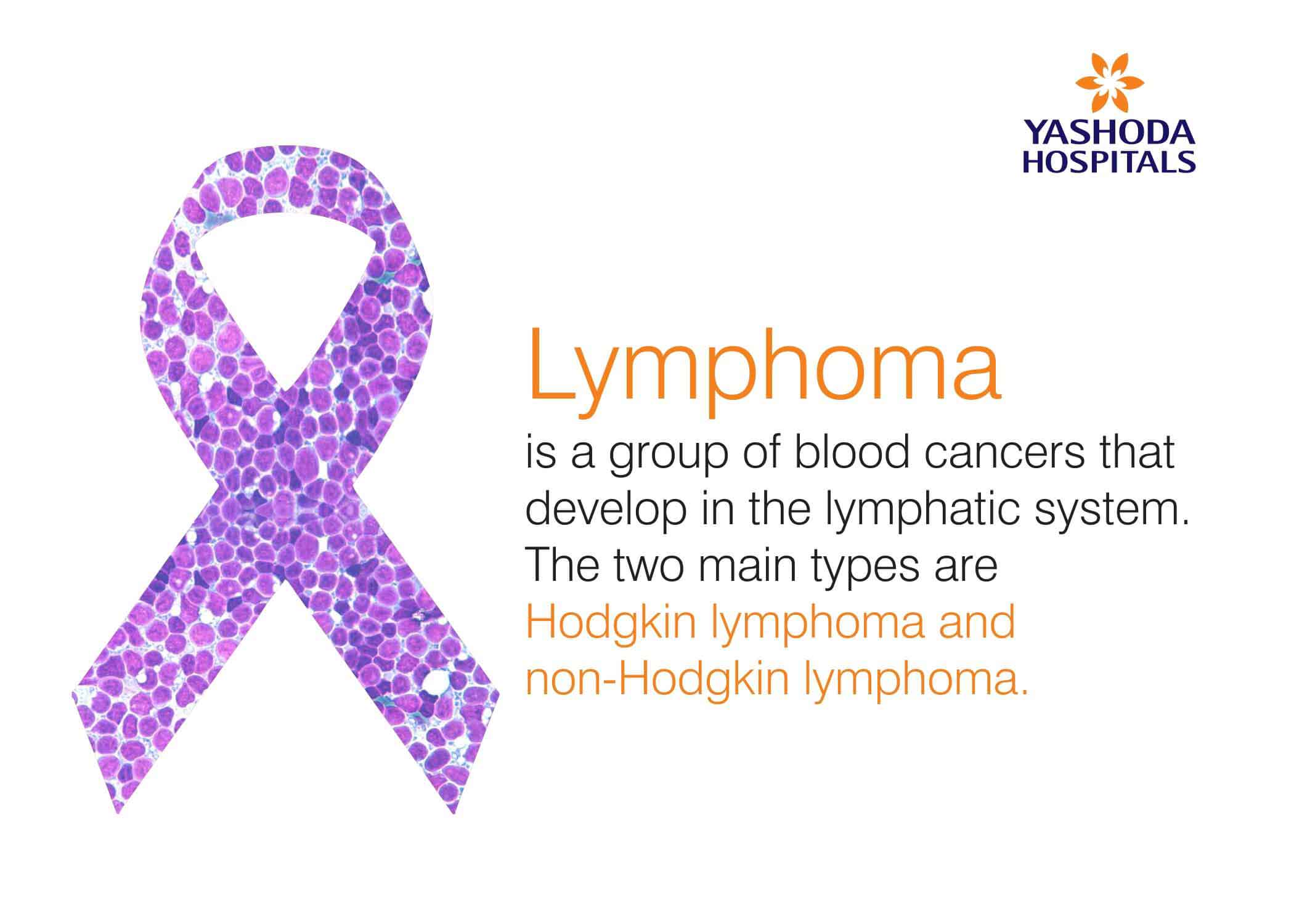
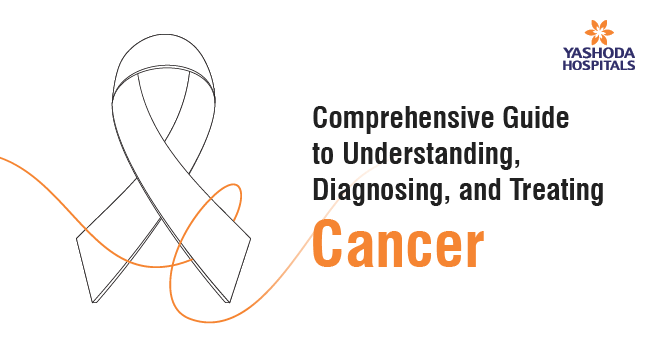





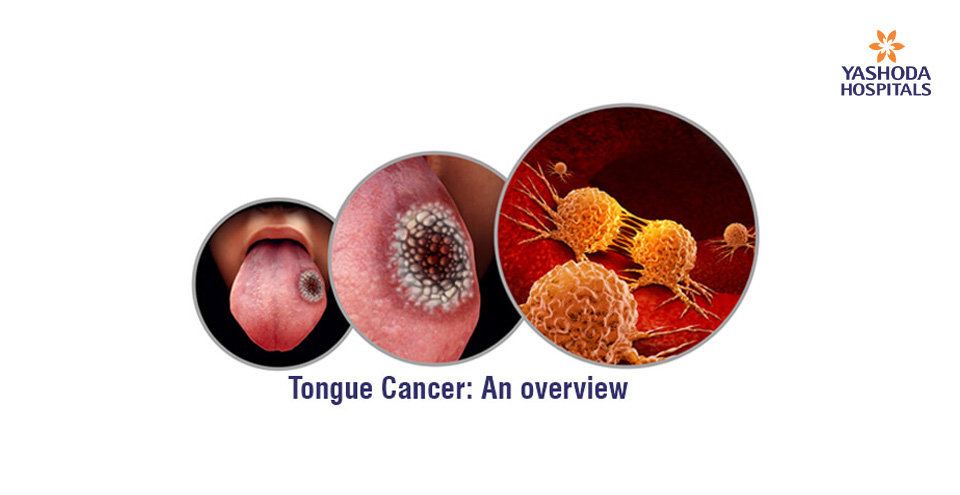
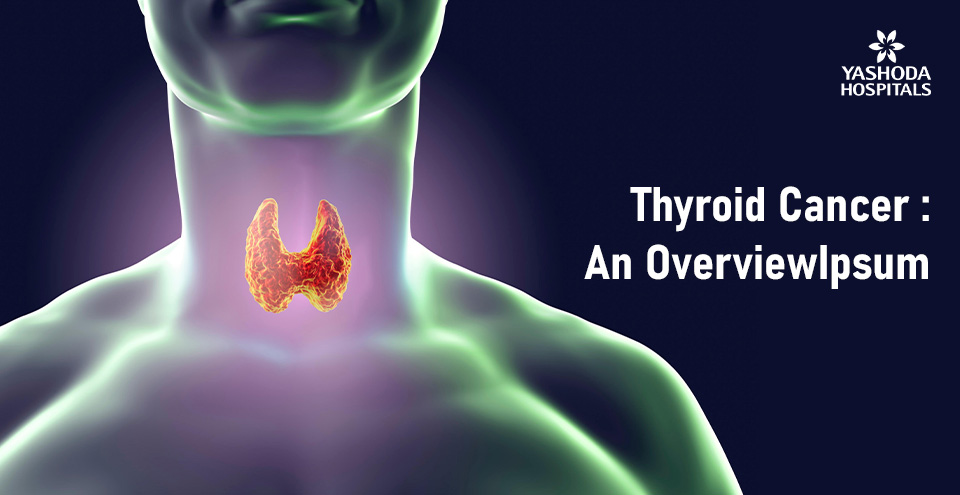
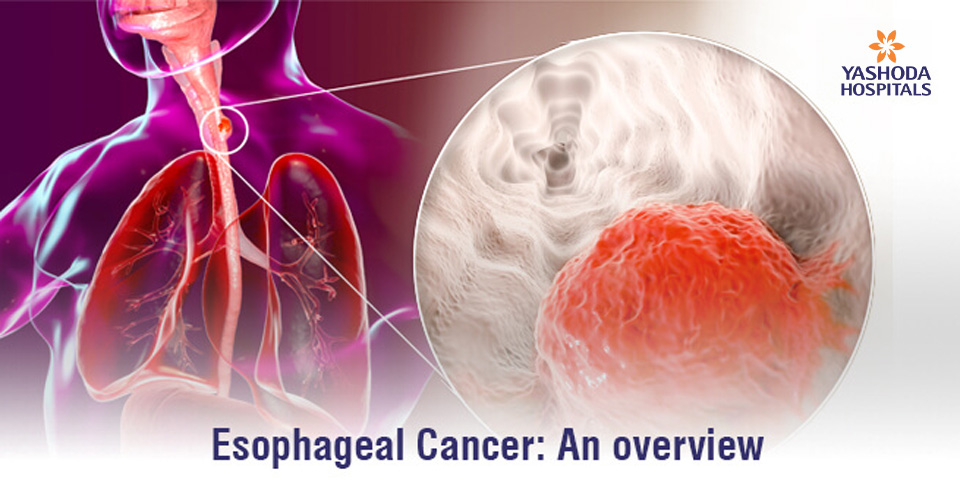

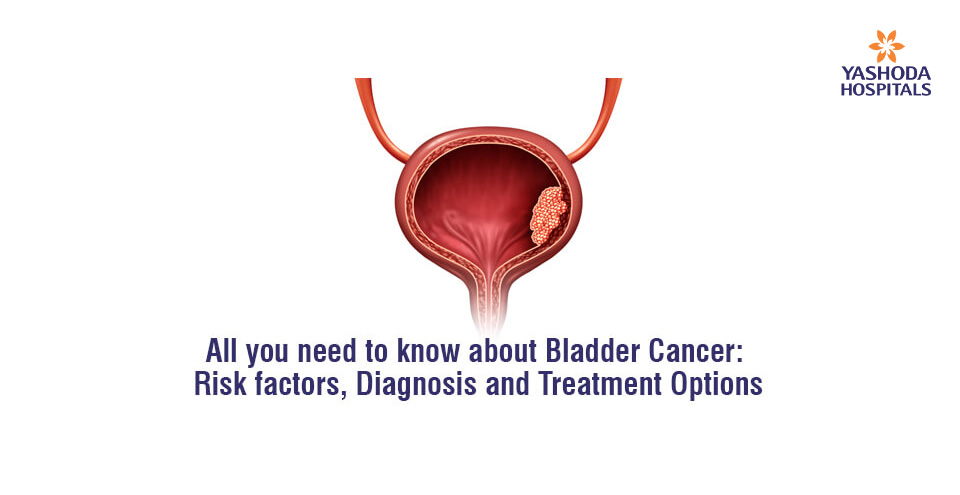





 Appointment
Appointment WhatsApp
WhatsApp Call
Call More
More

